Coworking spaces have revolutionized the concept of office environments, offering flexibility, networking opportunities, and a variety of amenities. As these spaces continue to flourish, understanding the intricacies of a coworking lease agreement becomes essential for both operators and members. Here you can find the key elements of coworking lease agreements, highlighting what to look for and how to ensure a fair and beneficial contract for all parties involved.
1. Understanding Coworking Lease Agreements:
A coworking lease agreement differs from traditional office leases. It’s not just about renting a physical space; it’s about accessing a shared environment that includes various amenities and services. These agreements are typically more flexible.
2. Key Components of a Coworking Lease:
- Duration and Flexibility: Unlike conventional leases, coworking agreements often have shorter durations with options for renewal. Flexibility is a significant aspect, allowing members to upgrade or downgrade their plans based on business needs.
- Cost and Payment Terms: Clearly outlined costs, including monthly fees, deposits, and any additional charges for extra services (like printing, private meeting rooms, etc.), are vital. Payment terms should be straightforward, detailing due dates and acceptable payment methods.
- Space Usage: The agreement should specify the type of space being leased, whether a hot desk, dedicated desk, private office, or a combination of these. Usage rules, including access hours and guidelines for shared spaces, should also be included.
- Amenities and Services: Coworking leases should list all amenities and services included, such as internet access, kitchen facilities, printing services, and any other perks.
- Rules and Regulations: This includes guidelines on noise levels, guest policies, pet policies, and other conduct-related rules crucial for maintaining a harmonious shared environment.
- Termination Conditions: Clarity on the process and notice period for terminating the lease is essential for both parties.
3. Shared Space Lease Agreement Considerations:
Understanding liability issues and insurance coverage is crucial. This includes damage to the member’s property and liability for accidents within the space. The agreement should outline the process for resolving disputes between members or between a member and the operator.
Understanding and negotiating these aspects of the lease can significantly impact the quality and safety of the coworking experience, reinforcing trust and assurance for all members.
4. Negotiating Your Coworking Lease:
Successful negotiation of a coworking lease on aligning the terms with your specific business needs, ensuring a mutually beneficial arrangement.
Here are further considerations to keep in mind:
- Long-term Commitments vs. Short-term Flexibility: Evaluate the trade-offs between longer lease terms and potential discounts against the need for short-term flexibility. Some coworking spaces offer price reductions for longer commitments, which can be advantageous for stable businesses.
- Inclusivity of Utilities and Hidden Costs: Ensure clarity on what the lease cost covers. Inquire about utilities like electricity, water, and internet, and check for any hidden costs or fees. This transparency is crucial in budget planning and avoiding unexpected expenses.
- Negotiating for Favorable Renewal Terms: Consider the future and negotiate terms for lease renewal. This might involve locking in current rates, ensuring the option to renew, or negotiating terms that will apply if you choose to extend your stay.
- Collaboration Opportunities and Community Benefits: Beyond the physical space, inquire about the benefits of being part of the coworking community. This could include access to networking events, workshops, and promotional opportunities within the coworking network. These added benefits can enhance your business growth and exposure.
By addressing these additional aspects, you can craft a lease agreement that not only meets your immediate requirements but it supports your business’s future growth.
5. Legal Considerations:Add Your Heading Text Here
The legal landscape of coworking agreements demands meticulous attention. When navigating these waters, consider these expanded points:
- Understanding Zoning Laws and Compliance: Coworking spaces often reside in varied zoning districts, each with specific regulations. Ensure the space complies with zoning laws relevant to your business activities.
- Clarity on Subleasing and Assignment Rights: Examine the agreement for clauses related to subleasing or assignment rights. Understanding these terms is crucial if you plan to share or transfer your space in the future.
- Indemnification and Limitation of Liability: Pay close attention to indemnification clauses and limitations of liability. These sections delineate the responsibilities and liabilities of both parties in various scenarios.
- Compliance with Health and Safety Regulations: Verify that the coworking space adheres to health and safety standards. This includes fire safety, building codes, and ergonomic considerations.
- Confidentiality Agreements: If your work involves sensitive information, consider the need for confidentiality agreements. This is especially pertinent in shared spaces where the risk of information leakage is higher.
- Exit Clauses and Penalties: Scrutinize the agreement for exit clauses and associated penalties. Understanding the process and financial implications of terminating the lease early can save you from unexpected costs and legal hassles.
Conclusion:
A coworking lease agreement is a pivotal document that ensures the smooth functioning of the coworking relationship. Both operators and members must understand and negotiate these agreements to ensure they align with their needs and expectations. By paying attention to these critical aspects, parties can forge a partnership that is conducive to productivity, growth, and community building in the coworking space.
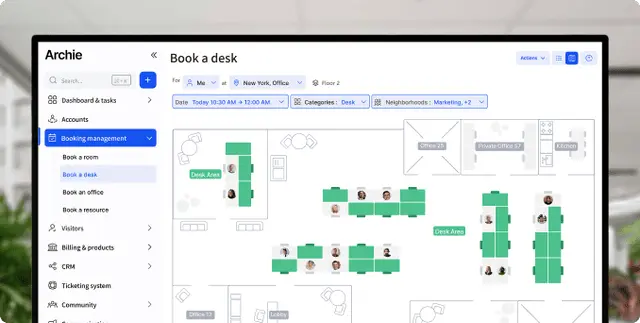
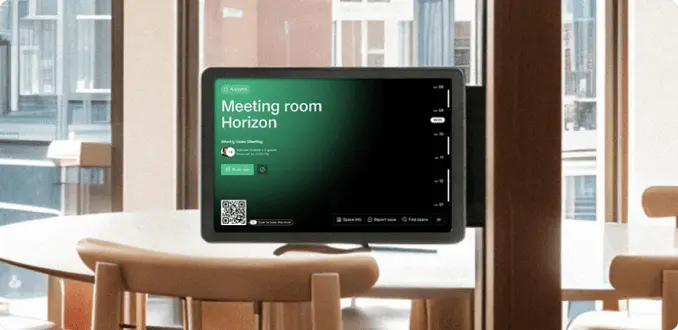

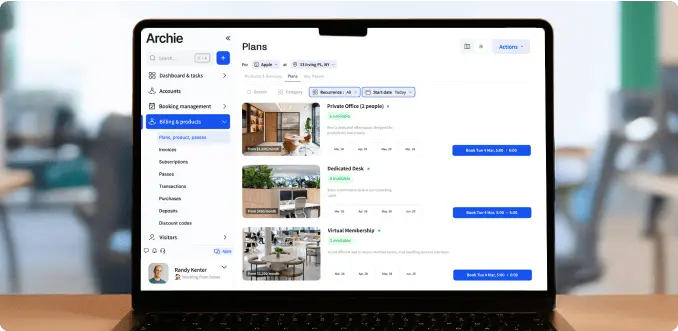

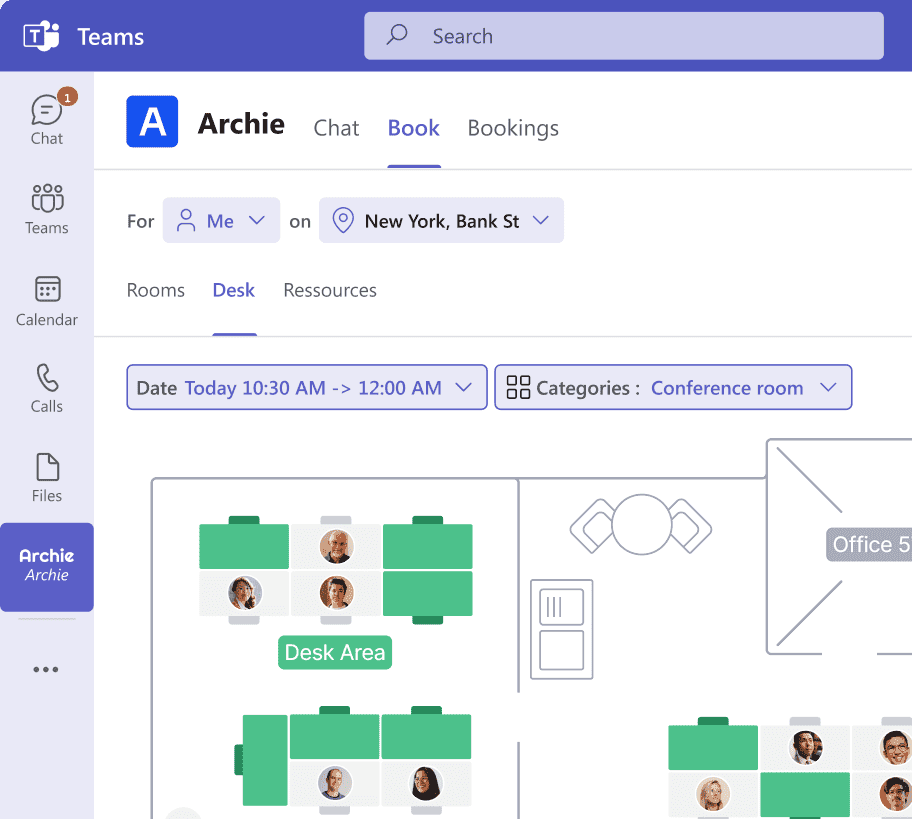
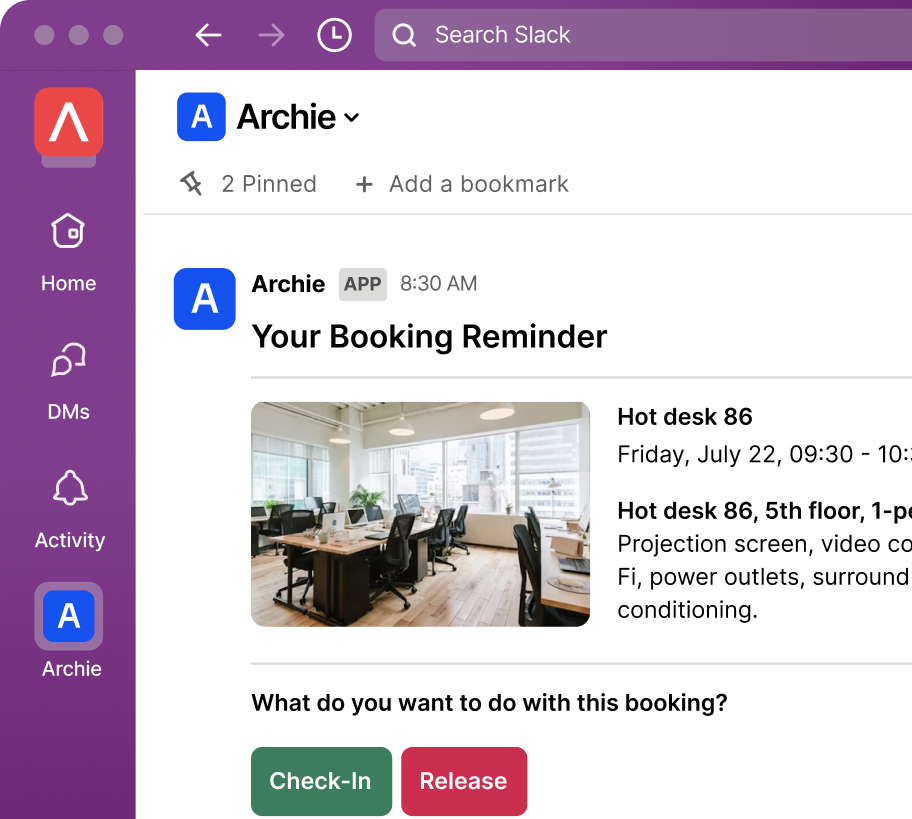


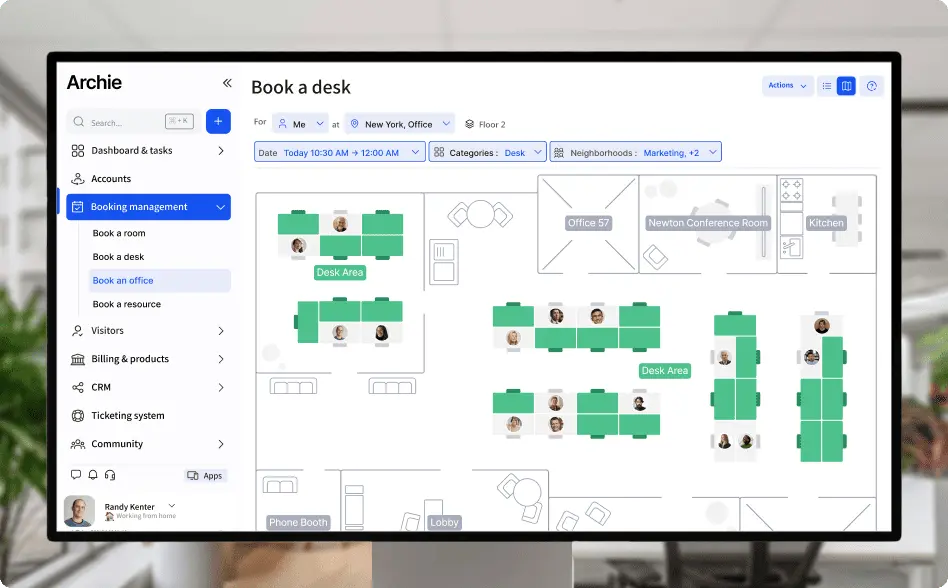
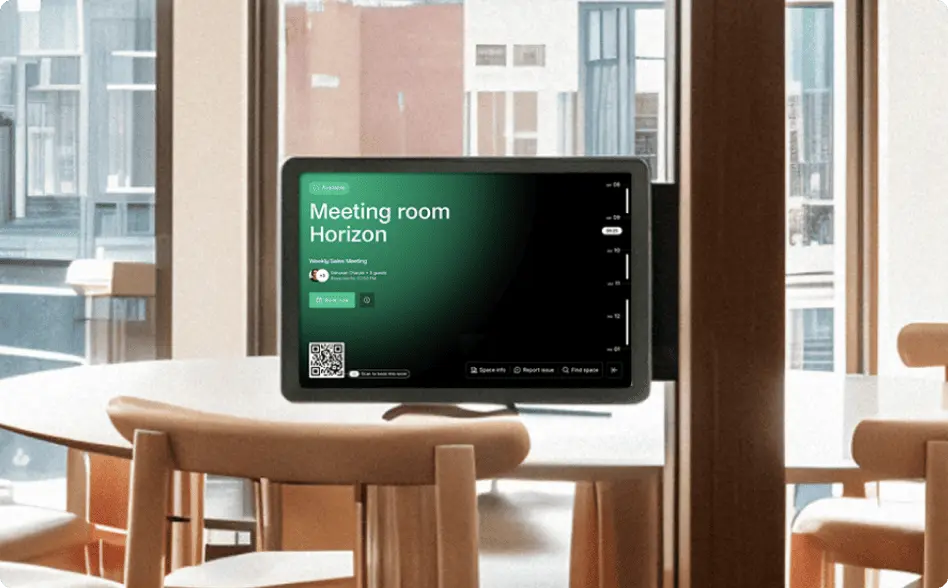
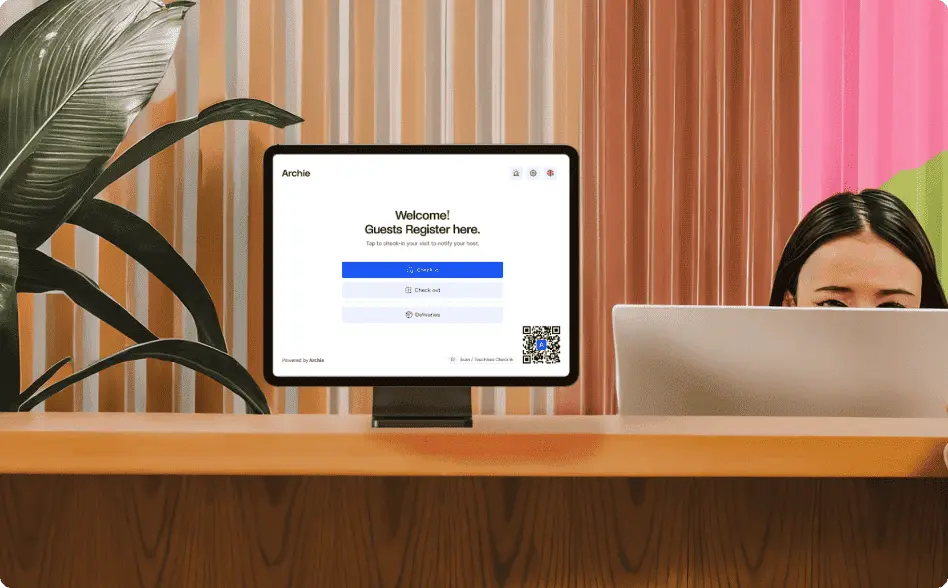
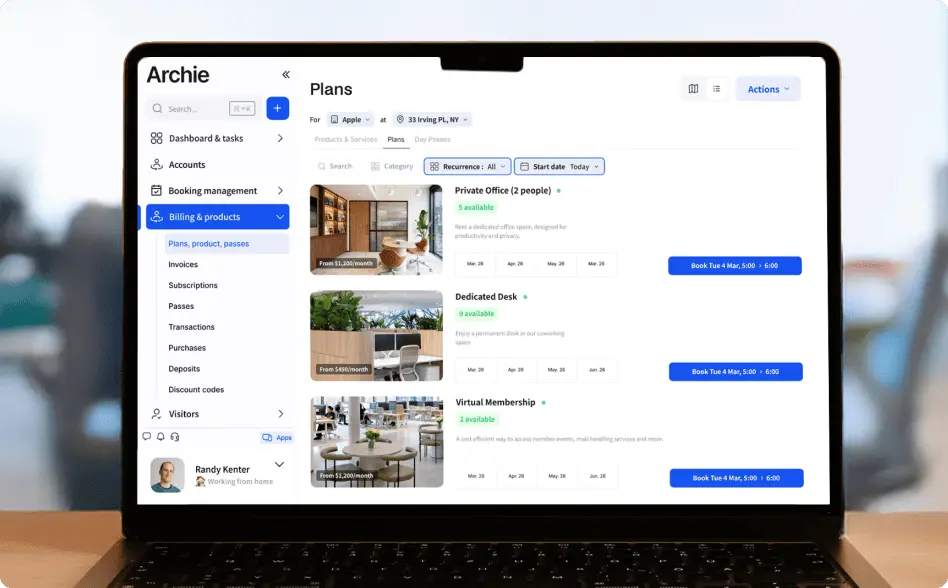







![38 Top Coworking Conferences and Events of 2026 [Confirmed] Top coworking conferences - cover image.](https://archieapp.co/blog/wp-content/uploads/2023/10/coworking-400x400.jpeg)
